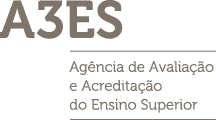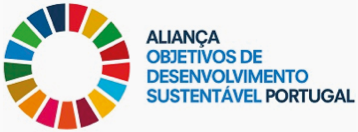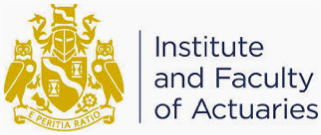
If you’re looking for a way to broaden your analytical mind, look no further. ISEG has a Masters in Monetary and Financial Economics that will boost your chances of becoming an expert in economic and financial matters.
The Masters in Monetary and Financial Economics is intended to complement and deepen a bachelor’s degree in Economics or Finance. Students will learn how to analyse problems rigorously and constructively and use advanced empirical and theoretical tools in Economics and Finance. It also sets up an excellent pathway to a PhD.
 | AE Economics Merit Award Prize of €1,000 awarded by AE Economics to the best student in the 1st year of the Master’s in Monetary and Financial Economics. |
Prepares senior staff in monetary and financial institutions linked to the economy’s financing and monetary policy issues.
A successful history of more than 25 years.
Employers specifically recognise in MMFE graduates a strong background in econometrics and quantitative methods, competence in macroeconomics and monetary economics, and a large capacity to face new challenges.
Classes with around 1/3 international students.
Intermediate step to obtain a PhD in the areas of Economics and Finance.
An acceptance rate of around 25% of the applications.
Several peer-reviewed journal publications arising from the Master dissertations.




| Year 1 – Semester 1 | Credits |
|---|---|
| Econometrics | 6 |
| Mathematical Economics | 6 |
| History of Economic Thought | 6 |
| Macroeconomics | 6 |
| Microeconomics | 6 |
| Year 1 – Semester 2 | Credits |
|---|---|
| Foundations of Financial Economics | 6 |
| Monetary Policy | 6 |
| Elective Option I — Financial Econometrics — Experimental Economics: Methods & Topics — Finanças Empresariais (taught in Portuguese) — Monetary and Financial History — Macroeconomics and Monetary Theory | 6 |
| Elective Option II — Financial Econometrics — Experimental Economics: Methods & Topics — Finanças Empresariais (taught in Portuguese) — Monetary and Financial History — Macroeconomics and Monetary Theory | 6 |
| Free Option I * | 6 |
| Year 2 – Semester 1 | Credits |
|---|---|
| Elective Option III — Banking and Insurance — Corporate Governance — Derivatives — Public Finance in the Economic and Monetary Union — Financial Mathematics — International Financial Markets | 6 |
| Elective Option IV — Banking and Insurance — Corporate Governance — Derivatives — Public Finance in the Economic and Monetary Union — Financial Mathematics — International Financial Markets | 6 |
| Free Option II * | 6 |
| Dissertation (Seminar) | 12 |
| Year 2 – Semester 2 | Credits |
|---|---|
| MSc Final Work (Thesis) | 30 |
Free Options – Course units chosen from any MSc in ISEG as long as the number of standard topics in the syllabi with other course units in the Masters in MFE or current compulsory undergraduate course units in Economics at ISEG is not significant.
See the description of each Curricular Units here.
Applications for all masters at ISEG are online.
Candidates for the Master in Monetary and Financial Economics are:
Calculation for the Grading of the Candidates:
All candidates should have an excellent command of the English language, written and spoken.
These are provisional tuition fees for 2025/26, subject to confirmation by the Universidade de Lisboa statutory bodies.
| Students from | First Year | Second Year | Total |
| Within the European Union | € 3,750 | € 2,000 | € 5,750 |
| Outside the European Union | € 5,000 | € 3,250 | € 8,250 |
Financial restrictions should never come in the way of your access to higher education, and that is why we believe in providing equal opportunities for everyone.
A specific tuition fee payment schedule may be agreed upon request by the student.
If you are not an EU, EEA, or Swiss citizen, you need a Student VISA.
Once you have decided to join the master’s programme and paid the 1st tuition fee to secure your place, you can issue the acceptance letter on the FENIX Portal. This document will be needed later to apply for a Student Visa. The student visa must be requested at the nearest Portuguese Embassy or Consular Office in the country of origin.













